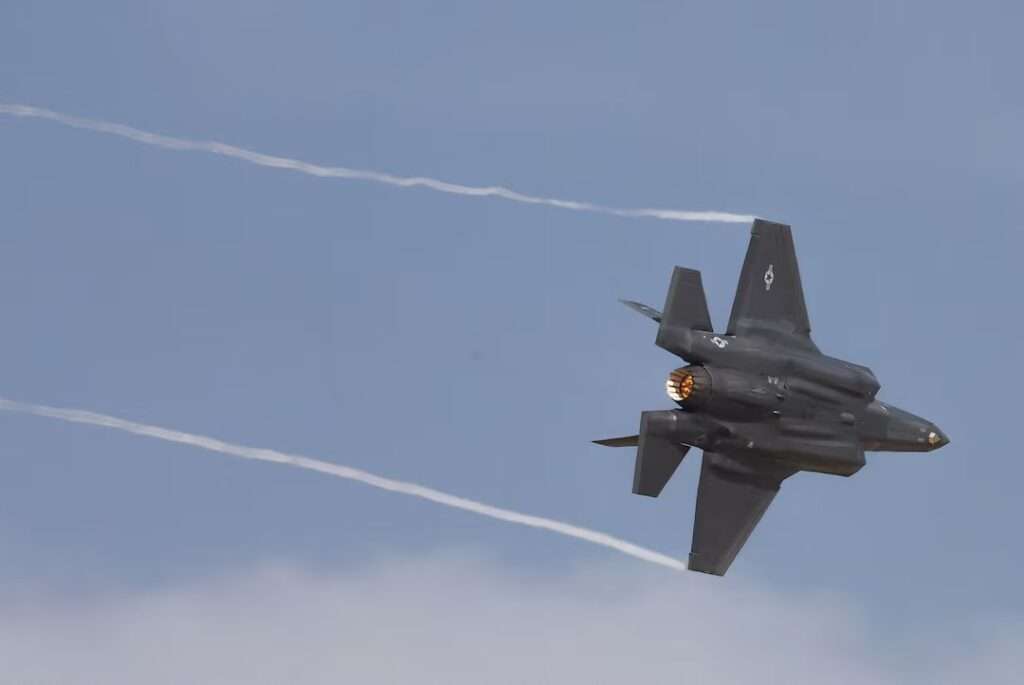U.S. defence and intelligence agencies have raised serious concerns as the Trump administration moves closer to approving Saudi Arabia’s request for advanced F-35 stealth fighter jets. The issue surged to the forefront during Crown Prince Mohammed bin Salman’s recent visit to Washington, where President Donald Trump signalled strong support for expanding defence cooperation with Riyadh.
According to officials familiar with classified assessments, multiple agencies fear that China’s growing defence and technology partnerships with Saudi Arabia could create pathways for Beijing to gain indirect access to the F-35’s highly sensitive systems. These include its stealth design, electronic warfare suite, sensor-fusion algorithms, and encrypted communications technologies that give the U.S. its decisive air-power advantage.
The concerns come against the backdrop of Riyadh’s expanding ties with China in areas such as ballistic missiles, drones, and industrial infrastructure. U.S. analysts warn that even tightly controlled F-35 deployments could be vulnerable to technological compromise if Chinese contractors, technicians, or surveillance systems intersect with Saudi defence sites.
The proposed sale also raises geopolitical complications. Israel, currently the only Middle Eastern operator of the F-35, relies on maintaining its U.S.-guaranteed “qualitative military edge.” A sale to Saudi Arabia could trigger new regional anxieties, despite promises of strict safeguards.
As the Trump administration leans toward approval, Washington faces a strategic dilemma: strengthen ties with a key Gulf partner or risk exposing its most advanced military secrets to a rival power, China.

